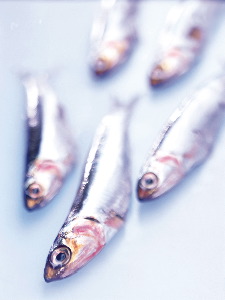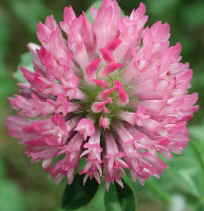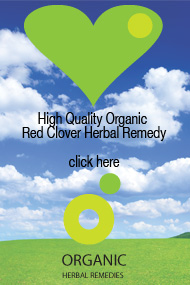Naturopathic health
Eczema Alternative Treatments
Eczema Herbal Remedies & Complementary TherapiesThroughout history, herbal remedies and other complementary medicines have been used to treat skin conditions such as eczema. In eczema, the skin becomes itchy, dry and flaky, and is often red and painful. Sometimes it weeps or bleeds. It's most common in the creases of the elbows and wrists, and behind the knees. It also affects babies' faces. There are two main types of eczema: atopic and contact. Atopic eczema is the most common form which often develops in childhood, sometimes just after birth. Many children grow out of it as they get older, but it can flare up again when they're adults. Contact eczema usually affects adults. It's caused by contact with an allergen or substances that irritate the skin, such as soaps, detergents and perfumes.. Eczema, lifestyle and diet
With skin diseases such as eczema and psoriasis it is necessary to review a sufferers whole lifestyle and diet. If an allergen is involved it has to be identified and removed in order to give the body a chance to heal.
Naturopaths believe that lifestyle, diet and health are strongly related. The lifestyle section of this website contains useful general information on diet and exercise which if followed can help reduce the occurrence of otherwise chronic problems such as eczema. Specifically fish oils, such as cod liver oil, can help increase the intake of vitamins C and E to maintain healthy skin. When looking at diet, wheat products, dairy products and sugary foods can all be potential causes of eczema.
There are also some simple rules that eczema sufferers can follow to minimise the chance of further outbreaks: Don't scratch, wear cotton clothing and use cotton or linen bedding, reduce stress, avoid known triggers and moisturise daily. Chlorine in water can also be a factor and it is worth putting a filter on showers and bath taps.
Herbal treatments for eczema:Evening primrose oil Herbalists will treat different types of eczema in different ways. For example a dry flaky eczema will be viewed differently to a red weepy eczema. Evening primrose oil contains gamma-linolenic acid (GLA), an essential fatty acid and is widely used in the treatment of eczema. Red Clover Burdock root, Figwort, Nettle, Pansy and Red Clover are also all used by herbalists to treat eczema. Red Clover is particularly useful for treating children's eczema. Topical treatments Chamomile cream can be useful in reducing the impact of eczema and other skin rash conditions Aloe Vera gel, Burdock, Chickweed, Comfrey, Golden Seal, Marigold, Pansy or Witch Hazel can all be used successfully for compresses or ointments Tea-tree oil is a good antiseptic and has antibacterial effects, so is helpful in calming inflammation. Other naturopathic treatments and eczemaAcupuncture homeopathy are both used in the treatment of eczema. Naturopath's treat the whole person not just the disease or condition. That's why you cannot use this site for diagnosis or treatment. The information we provide should not be treated as a substitute for medical advice or treatment. We recommend that you visit a qualified naturopath or find a GP who is sympathetic to a naturopathic approach. Click here for our full disclaimer. |
AilmentsLifestyleFoods to avoidFoods to enjoy
|
|
|
|
|
If you're starting to move towards a healthy diet and you want to take a major step forward then a detoxification programme can make a big difference. Click on the link below to find out more. Healthy Recipes Juicing SupplementsBach Flower Herbal Acupuncture Homeopathy DetoxificationMassage Qi Gong Nutrition & Diet Iridology Tissue Salts |

[Herbal Remedies][Ailments][Naturopathy][Contact][Community][Lifestyle][Home][Research]








